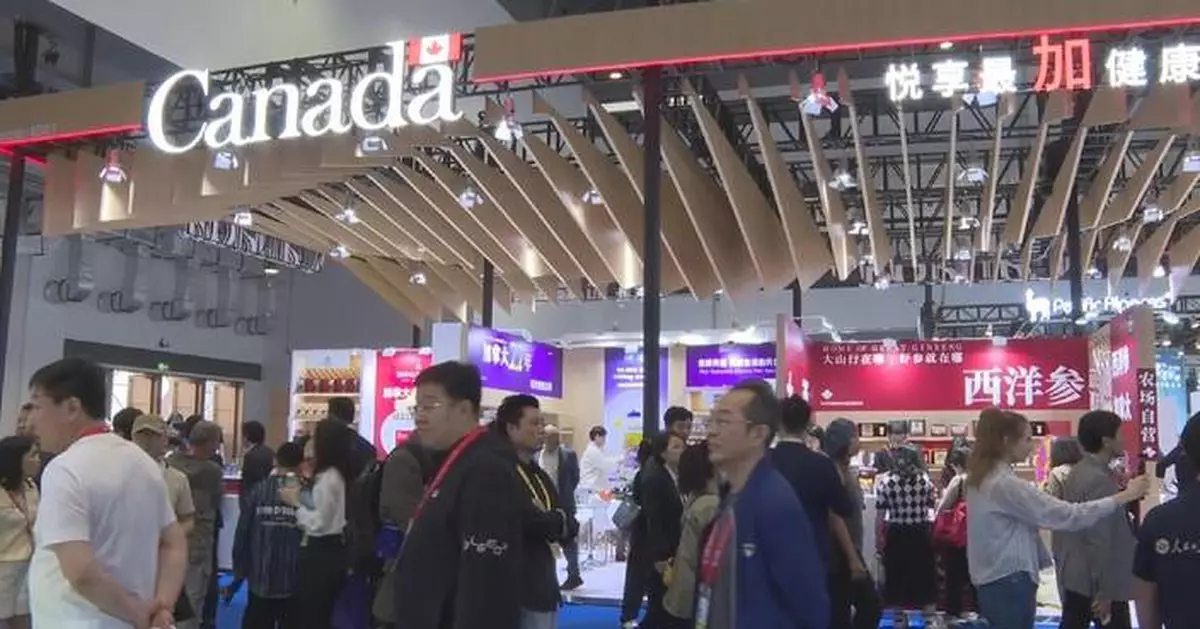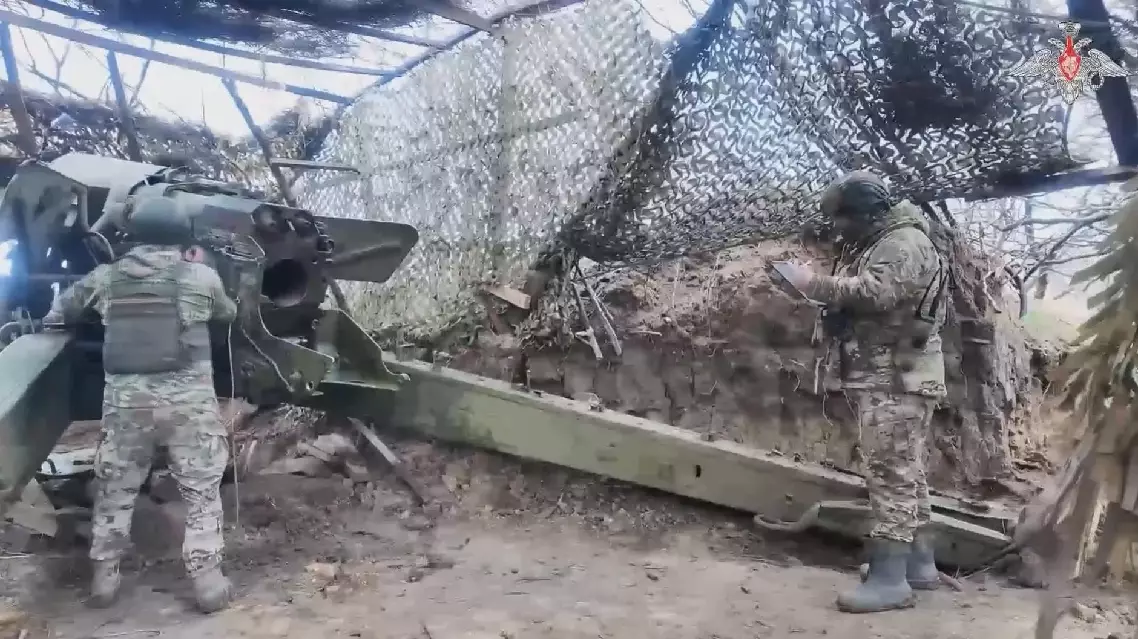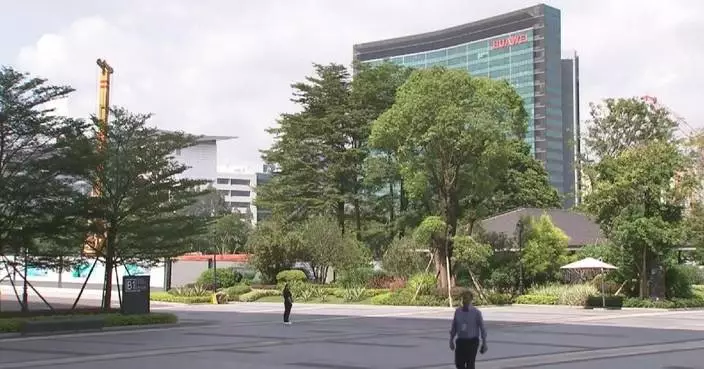Canadian business leaders say they are pivoting towards China and the Indo-Pacific region as they look to diversify their markets in the wake of the U.S. tariffs which have disrupted global trade.
A number of Canadian firms are attending the ongoing 5th China International Consumer Products Expo (CICPE) in Haikou of south China's Hainan Province, with the six-day event, which runs through Friday, gathering over 4,100 brands from 71 countries and regions.
Many of those who are showcasing their products at the expo say they are now re-assessing their global business strategies given the uncertainty brought by U.S. President Donald Trump's sweeping tariff measures.
Canadian companies were already struggling after a 25 percent U.S. tariff on goods from Canada and Mexico took effect in early March, while Trump's imposition of a 10-percent "minimum baseline tariff" on all imports earlier this month has inflicted further pain.
At the Canadian exhibition booth at the Hainan expo, Kapil Kalra, president and co-founder of Naturemary, a personal care product manufacturer, says the group has made the decision to halt its U.S. expansion plan, and is now looking to deepen collaboration with China.
"We were planning on introducing our products in the U.S., but we've stopped. That's why now, because of the tariff talk, I think it's a wonderful opportunity for Canada and China to now start growing together," he told the China Global Television Network (CGTN).
Similarly, Nuzhat Tam-Zaman, co-founder and vice president of Consumer Health at Canadian health brand Sinoveda, said the Canadian government has already sought to strengthen partnerships with China and across Indo-Pacific region, as they look to turn away from the U.S. market.
"Because of these tariffs, our Canadian government is looking into diversification, diversifying the economy and diversifying the businesses. And they are looking into China, the Indo-Pacific region. Very recently, I've been a part of the trade missions into the different Indo-Pacific regions and now into China. And I think the partnerships, the collaborations and the business opportunities for Canadians with Chinese businesses is going to grow," she said.
Meanwhile, the Canadian Finance Ministry on Tuesday announced new measures for Canadian businesses and entities affected by the tariff dispute between Canada and the United States.
According to a news release issued by the ministry, these measures include a performance-based remission framework which will allow automakers that continue to manufacture vehicles in Canada to import a certain number of U.S.-assembled, CUSMA-compliant vehicles into Canada, free of the countermeasure tariffs that Canada has imposed.
The Canadian government will also provide temporary six-month relief for goods imported from the U.S. that are used in Canadian manufacturing, processing and food and beverage packaging, and for those used to support public health, health care, public safety, and national security objectives, the release said.
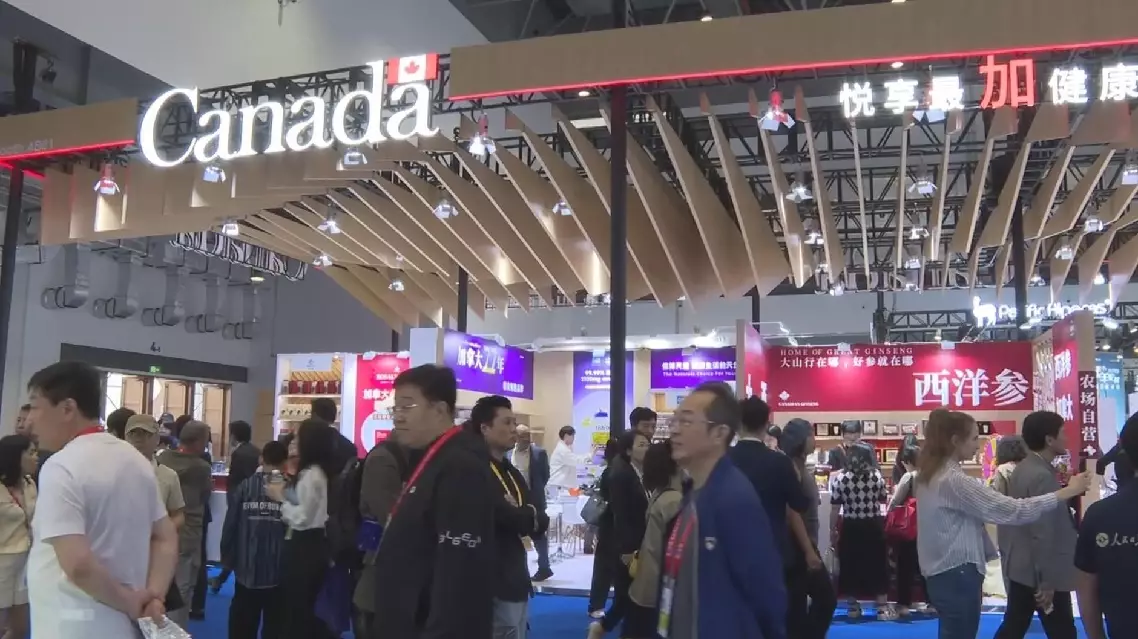
Canadian businesses turning to China, Indo-Pacific markets in wake of US tariffs
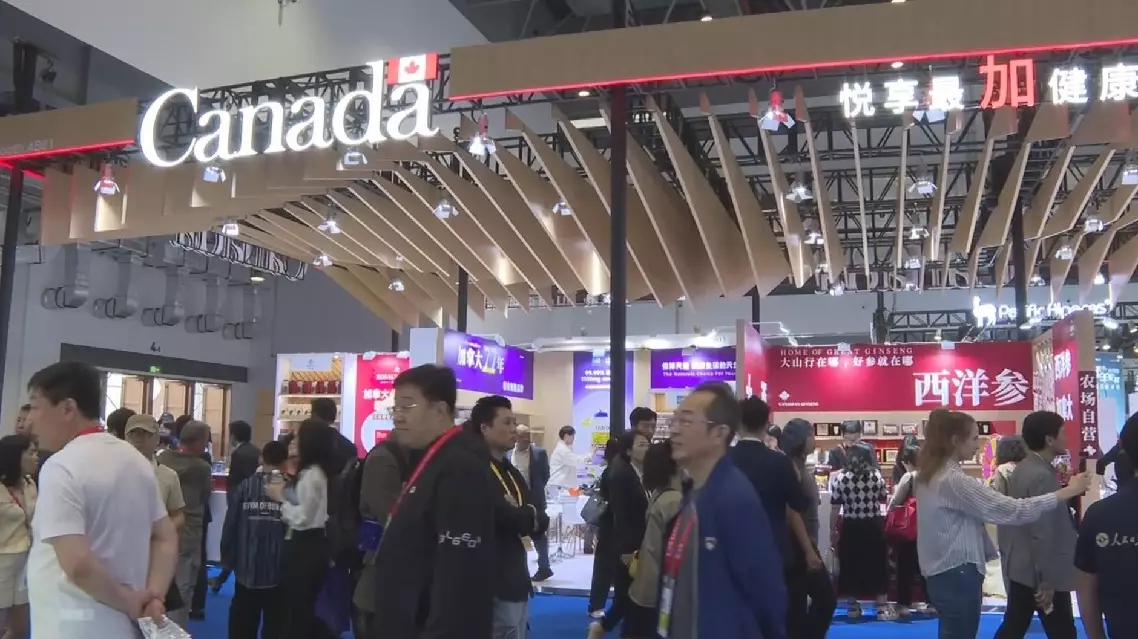
Canadian businesses turning to China, Indo-Pacific markets in wake of US tariffs


